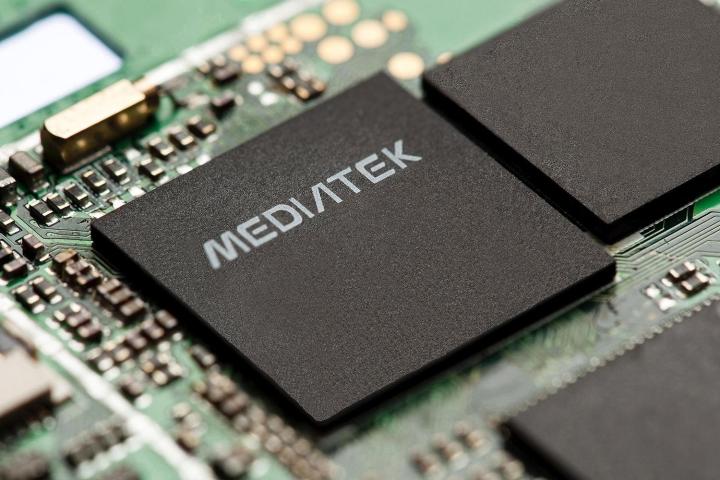
Updated 0n 02-04-2016 by Andy Boxall: Added in MediaTek’s denial of any problems
Following the overheating rumors, MediaTek wrote on the Weibo social network that the Helio X20 is working perfectly, and it has some clever technology inside that stops overheating becoming an issue. Apparently, if the chip detects it’s getting too hot, it turns off two cores and drops down to eight. If this sounds like a workaround, MediaTek’s quick to clarifies this is a fail-safe system that’s unlikely to be used.
A few days earlier, several major smartphone manufacturers were rumored to have canceled plans for future devices powered by the MediaTek Helio X20 processor, due to concerns regarding the chip overheating. The word spread from the Weibo social network, and the companies named were HTC, Lenovo, and Xiaomi. If that sounds familiar, it’s eerily similar to the situation faced by Qualcomm and the ill-fated Snapdragon 810. The apparent cancellation is due to manufacturers inability to optimize the chip to overcome excessive generation of heat.
MediaTek’s Helio X20 is shaping up to be a mobile processing powerhouse. The deca-core chip has already been announced, and can run at a speedy 2.5GHz while consuming 30-percent less power than the Helio X10, seen in phones including the HTC One X9 and the Xiaomi Redmi Note 2. The X20 cleverly uses a “three gear” tri-cluster set up, where only selected cores are active depending on the tasks running. This improves on the “two gear” system seen on octa-core chips.
HTC uses MediaTek chips in phones often destined for markets other than the U.S., where it competes with Xiaomi and Lenovo, among others. Rumors surrounding the HTC Perfume/M20 have mentioned there may be two versions, one with a Snapdragon chip, and the other a MediaTek chip. HTC will certainly be wary of any heat-related issues, having stuffed the revised Snapdragon 810 inside the One M9, only to find it still didn’t cure the problem entirely.
Any problems faced by the MediaTek Helio X20 are rumor for now. MediaTek says mass production is already underway, and the first devices are coming very soon. Zopo Mobile, a Chinese brand, has been teasing the arrival of its Speed 8 phone for a while, for example, and it may be announced at MWC at the end of February.
Article originally published on 02-02-2016
Editors' Recommendations
- MediaTek’s new smartphone chip sounds too good to be true
- MediaTek’s new chip just raised the bar for Android phones
- MediaTek gives mmWave 5G a boost with Dimensity 1050 chip
- MediaTek Dimensity 9000 becomes the first mobile chip to support LPDDR5X memory
- MediaTek’s new Kompanio 1300T chip puts 5G on tablets, not phones




